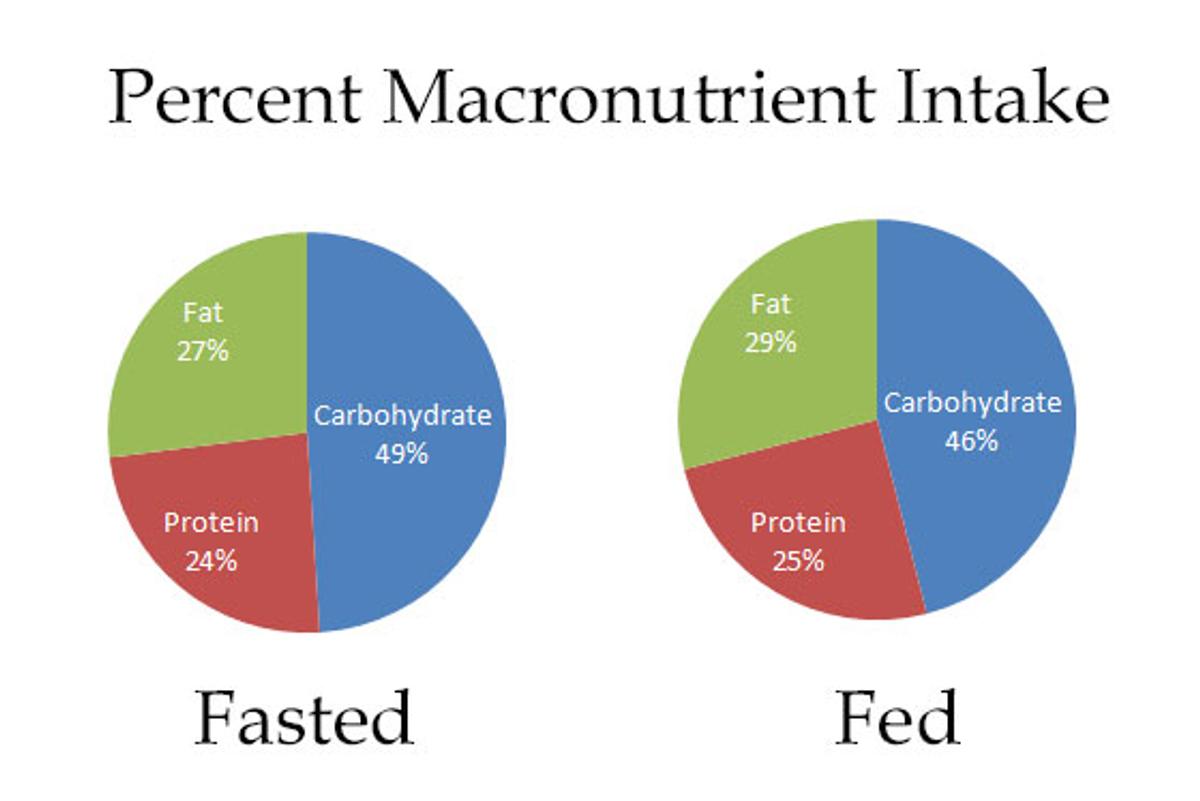
Fasted Exercise for Faster Weight Loss?
Reading Time: 2 minutes 58 seconds
BY: Cameron Baker
DATE: 2015-06-16
Get the skinny on the topic that has most trainers throwing their hands up in confusion
As a personal trainer, you've become the go-to expert that people in your circle turn to for reliable advice on anything related to fitness and nutrition.
How do I get ripped for beach season?
Should I go paleo? High-fat? Vegan? Gluten-free?
Can you tell me the secret to geting a 6-pack by next week?
And while it would be unrealistic for you to know everything under the sun, keeping up with the latest trends and scientific data DOES come with the territory of being a top fitness trainer...
And one question that can be overheard across the training floors of just about every gym these days has do with the topic of fasted training.
Are You Prepared to Confidently Answer This Question....
I hear a variation of this question at least 10 times per week. It goes something like this...
So, Cameron... tell me, if I want to burn fat and lose weight, is it better for me to exercise on an empty stomach?
And perhaps you've heard this one yourself...maybe even been perplexed and paralyzed in your response.
I know I used to be.
Maybe you disguise your confusion with the same old short-sighted spiel about how when one wakes up in the morning, glycogen and blood sugar levels are naturally low, forcing your body to burn fat for energy, resulting in weight loss.
Or... maybe you're quick to veto the practice of fasted training with a well-rehearsed counter argument: You recognize that while the body may indeed turn to body fat for energy, should glycogen and fat stores be insufficient to sustain your activity level, the body will in turn break down muscle protein to pick up the slack.
Say goodbye to your gains, you tell them...
Say hello to an increased risk for fainting and a dropoff in performance.
But with so much on the line, doesn't it make sense for you to get the story straight?
Burning For Truth
The strange thing is, both answers are technically true.
Yes, your body burns fat for energy when you exercise on an empty stomach.
And yes, if you haven't got enough fat to burn, your body will burn protein instead.
Those are both true statements.
They just fail to consider the entire context.
Meaning, we can't slot them into a comfy, cozy blanket statement that we default to whenever a client asks us the question.
So what's the RIGHT way to address it?
And more importantly, how do we decipher which strategy is most effective (and appropriate) in maximizing gains (and decreasing risks) for our clients?
Luckily, The Journal of the International Society of Sports Nutrition(JISSN) recently published a study that may just arm us with some definitive answers. Check it out:
The Study (Vitals)
The study sought to investigate the changes in fat mass and fat-free mass of 20 participants who were assigned identical training protocols: 1 hour of steady-state aerobic exercise performed 3 days per week.
Tracked over 4 weeks, the participants were split into two groups:
Group A (Fasted): performed the routine following an overnight fast
Group B (Fed) followed the same routine after consuming a meal
Both groups were also provided with dietary plans designed to induce a caloric deficit, as well as nutritional counseling to ensure proper adherence and tracking.

Ready for the Shocker?
The findings revealed this:
Body composition changes that are associated with aerobic exercise + hypocaloric diet (one in which caloric intake is decreased overall) are similar regardless of whether the subject was fasted or fed prior to training.
Therefore, we can reliably deduce that clients seeking to lose body fat can train either before or after eating, according to their personal preference.
All this to say: fasted training is not proven to help you lose weight.
So the next time someone with a fat loss goal asks you this question, reassure them that as long as they're adhering to their general caloric recommendations, the choice to train on an empty stomach or a full tank is entirely up to them.
References
Body composition changes associated with fasted versus non-fasted aerobic exercise. 2014 by Shoenfeld, Aragon, Wilborn, Krieger and Sonmez. https://www.jissn.com/content/11/1/54